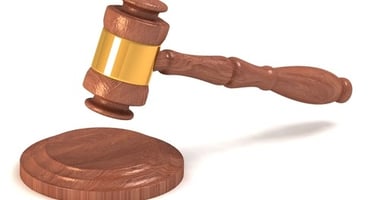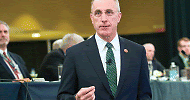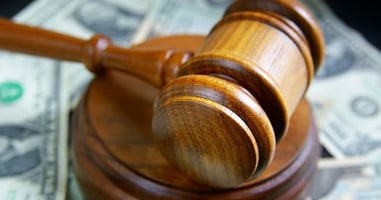Johnson & Johnson (J&J) "lied to patients and doctors" in its claims about its antipsychotic...
Johnson & Johnson to Pay More Than $2 Billion in Risperdal Marketing Case
 |
The resolution is one of the largest health care fraud settlements in U.S. history, with criminal fines and forfeitures totaling $485 million and civil settlements with the federal government and states totaling $1.72 billion, according to a statement released by the U.S. Justice Department.
The government charged that from March 2002 through December 2003, Janssen Pharmaceuticals Inc., a subsidiary of J&J, introduced Risperdal into interstate commerce for an unapproved use, rendering the product misbranded. For most of this time period, Risperdal was approved only to treat schizophrenia. The government said that Janssen’s sales representatives promoted Risperdal to physicians and other prescribers who treat elderly dementia patients by urging the prescribers to use it to treat symptoms such as anxiety, agitation, depression, hostility, and confusion. The government also said that the company created written sales aids for use by Janssen’s ElderCare sales force that emphasized symptoms and minimized mention of the FDA-approved use, treatment of schizophrenia.
The settlement involves similar charges related to the marketing of Invega and the heart-failure drug Natrecor.
"This multibillion-dollar resolution demonstrates the Justice Department’s firm commitment to preventing and combating all forms of health care fraud," said Attorney General Eric Holder in a statement. "And it proves our determination to hold accountable any corporation that breaks the law and enriches its bottom line at the expense of the American people.”
For information on related lawsuits, see the Med Check item in Psychiatric News titled "Jury Finds Johnson and Johnson Guilty in Risperdal Case."
(Image: James Steidl/shutterstock.com)





